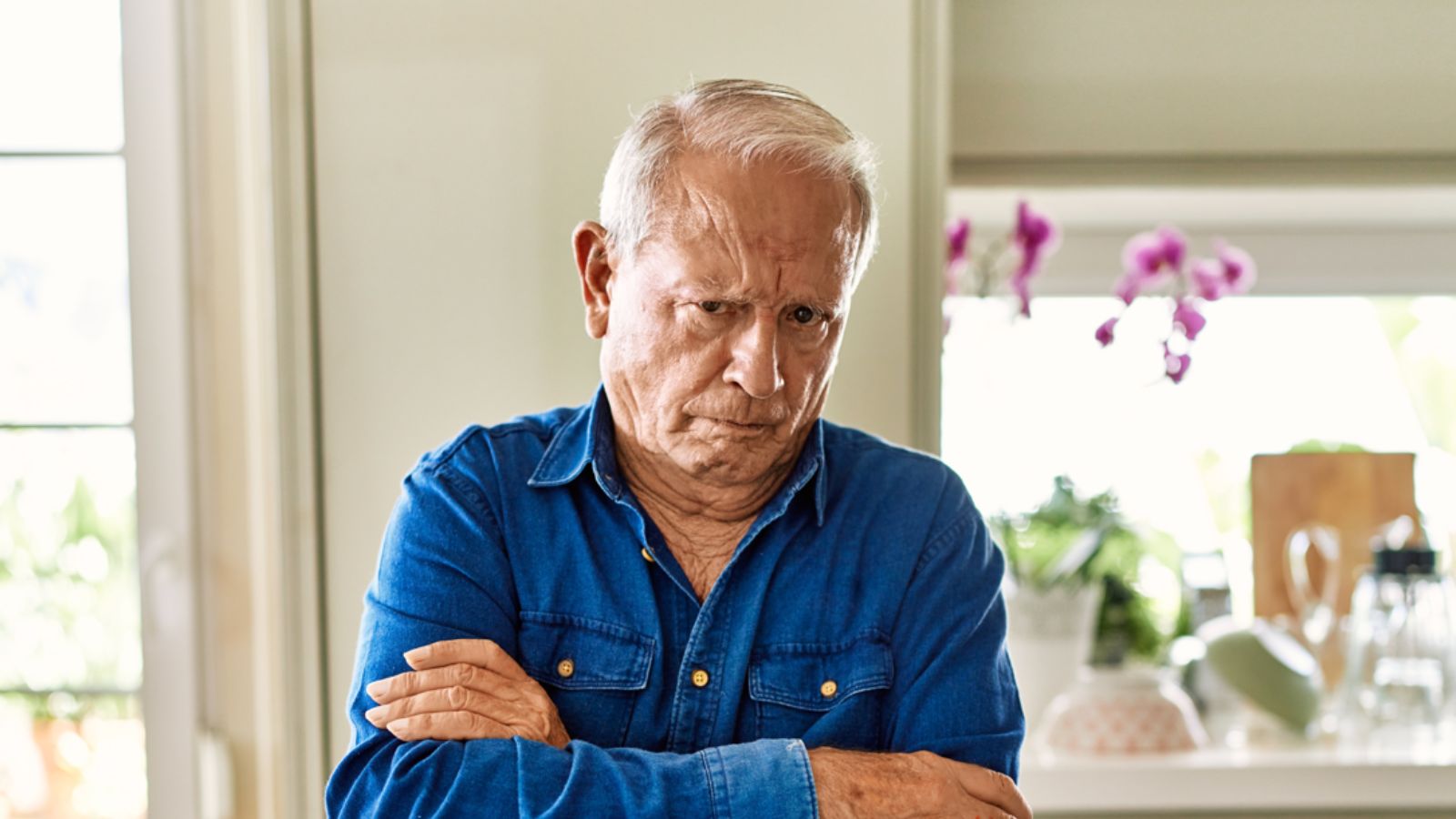The 1960s were a time of huge change, including new cultural norms, technological innovation, and historical events that left their mark on the world. If you remember these 17 events, you’re sure to have grown up in the rebellious years of the 1960s.
The Moon Landing

The Apollo 11 mission in July 1969 was watched worldwide and was the first manned moon landing. According to the National Air and Space Museum, “an estimated 650 million people watched” Neil Armstrong’s famous words, “That’s one small step for man, one giant leap for mankind.”
The Assassination of JFK

President John F. Kennedy was assassinated in Dallas, Texas, in November 1963 by Lee Harvey Oswald. Although Oswald was killed by Jack Ruby before his trial, it was concluded that Oswald had acted alone. Despite this, there are many conspiracy theories surrounding JFK’s death.
The Beatles’ Arrival in America

The Beatles flew into JFK Airport in February 1964 and were greeted by thousands of American fans. On their trip to the United States, they performed on The Ed Sullivan Show, which was watched by 73 million people. Many people credit this trip with the start of the ‘British Invasion’ on the American music scene.
Woodstock Festival

A symbol of 1960s counterculture, the Woodstock Music & Art Fair was held in New York in 1969. The BBC says, “Nearly half a million people attended and watched performances by acts ranging from Sly and Family Stone to The Who to Crosby, Stills and Nash.”
The Civil Rights Movement

Throughout the 1960s, there were numerous events and landmark policies in the Civil Rights Movement. In 1963, over 250,000 people attended the March on Washington for Jobs and Freedom. At the event, Martin Luther King Jr. made his iconic “I Have a Dream” speech.
The Cuban Missile Crisis

In October 1962, the Cuban Missile Crisis broke out when American spy planes discovered Soviet missiles in Cuba. President Kennedy and Soviet Premier Nikita Khrushchev spent thirteen days in tense discussions. Eventually, nuclear war was averted when the U.S. removed missiles from Turkey and the Soviet Union removed their Cuban missiles.
Vietnam War Protests

During the Vietnam War, there were widespread protests across the U.S., particularly on college campuses, as young people of the time were very anti-war. These had a big impact on public opinion, and this eventually contributed to the U.S. withdrawal from the conflict.
The Space Race

According to Space.com, “From the late 1950s to the mid-1970s, the two superpowers were embroiled in a bitter competition over who could ‘conquer’ outer space first.” The race included the launch of Sputnik in 1957 and John Glenn’s orbit of Earth in 1962.
The Summer of Love

Thousands of young people flocked to San Francisco’s Haight-Ashbury district in 1967 for the Summer of Love. Big musical artists such as Jimi Hendrix, The Who, and Janis Joplin performed at the Monterey Pop Festival, which emphasized peace, love, and communal living.
The Rise of Television

By the ‘60s, TV had become a central part of American households, and iconic shows such as The Twilight Zone, I Love Lucy, and The Andy Griffith Show were very popular. With most families owning a television, it started to have an influence on public opinion.
The Launch of Medicare and Medicaid

Medicare and Medicaid were first launched in 1965 by President Lyndon B. Johnson as part of his Great Society programs. Medicare gave Americans aged 65 or older access to health insurance, and Medicaid offered low-income individuals coverage. Both of these initiatives were significant advancements in U.S. healthcare.
The Assassination of Martin Luther King Jr.

One of the most prominent individuals of the Civil Rights Movement, Martin Luther King Jr. was assassinated in April 1968 at the Lorraine Motel in Memphis, Tennessee. Britannica says, “In response to King’s death, more than 100 American inner cities exploded in rioting, looting, and violence.”
The Start of the Environmental Movement

Rachel Carson published her book Silent Spring in 1962, and it played a significant role in raising awareness about the dangers of pesticides to the food chain. In April 1970, the first-ever Earth Day was held, and millions of Americans participated in environmental activities to mark the occasion.
The Creation of the Peace Corps

The Peace Corps was founded by President Kennedy in March 1961. The organization’s main purpose was to promote global peace and friendship by training American volunteers and sending them across the world to help with development projects. Since then, over 240,000 Americans have served in 142 countries.
The Launch of the Ford Mustang

Introduced in April 1964, the Ford Mustang was launched at the New York World’s Fair. Ford sold over 22,000 of the model on the first day alone, and within two years, it had sold over a million. The car became an iconic symbol of America’s car culture and was known for its sporty design.
The Berlin Wall

In 1961, the Berlin Wall was built by East Germany to stop East Berliners from fleeing to the West. The wall became a symbol of the Cold War and the division between the East and the West. The fall of the Berlin Wall in 1989 marked a significant turning point for many.
The Rise of Feminism

Betty Friedan’s book The Feminine Mystique was published in 1963, and it sparked discussions nationwide about the role of women in society. In 1966, the National Organization for Women (NOW) was founded to advocate for women’s rights and equality, focusing on workplace discrimination and reproductive rights.
Up Next: 18 Reasons Why Men Get Grumpier As They Age

You might read this and be able to relate, or you may feel you’ve become grumpier the older you’ve gotten. Or maybe you know of a male friend or relative who has. Here are 18 reasons why men get grumpier as they age.
18 Reasons Why Men Get Grumpier As They Age
17 Products Millennials Refuse to Buy and It’s Affecting the Economy

Millennials have been the center of so much media attention due to their spending habits. Their unique ways of spending have built up and crushed many traditional industries. In this article, we look at 17 things millennials stopped buying and how that has impacted society.
17 Products Millennials Refuse to Buy and It’s Affecting the Economy
Where Even Truck Drivers Won’t Stop

Truck drivers tend to be hardy souls—well-seasoned travelers who aren’t often afraid to rest up or refuel in risky locations. However, there are certain U.S. locations that even the most road-weary trucker refuses to stop at for fear of criminal activity or natural dangers. Here are 17 such locations that even experienced truck drivers approach with trepidation (or not at all).

